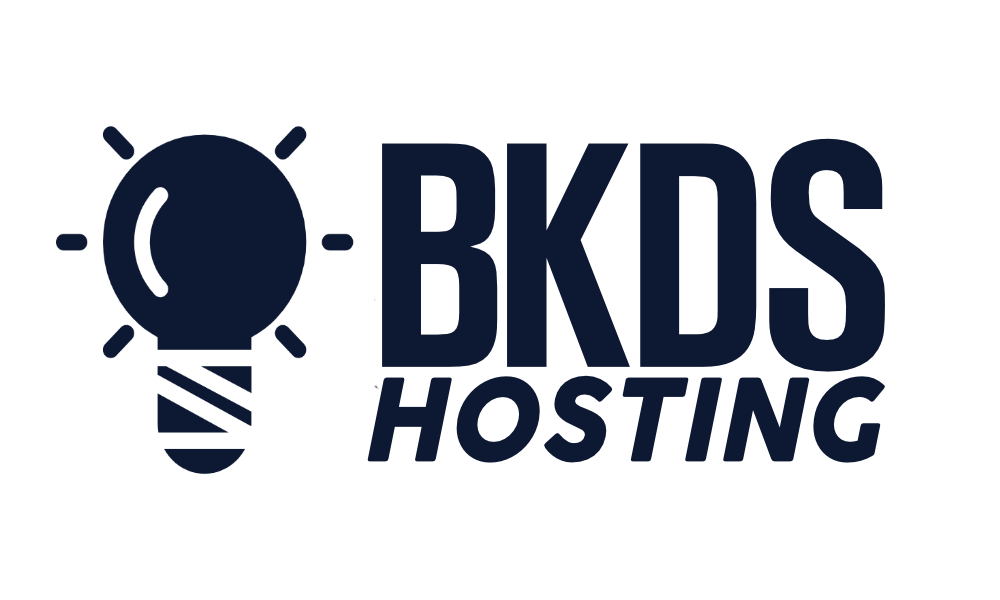In today's digitally-driven marketplace, the performance and reliability of a company's website can significantly impact its bottom line. Small businesses, in particular, need to ensure that their sites remain accessible, secure, and functional at all times. However, with an extensive array of hosting options available, it can be challenging to identify the most suitable one for your specific needs. Therefore, we have curated a list of five crucial tips that should guide your decision-making process. As we journey through this insightful discussion, we will unravel the intricacies of web hosting, offer guidance on evaluating prospective providers, underscore the importance of website uptime, delve into the nuances of security features, and explore the criticality of reliable backup and recovery options.
Understanding Web Hosting Basics

When embarking on the journey of selecting a web hosting provider for your small business, it's crucial to first understand the basics of web hosting, which begins with accurately assessing your business requirements. Web hosting is a service that allows your website to be accessible on the Internet. It involves storing your website data on a web server, which is maintained by a hosting provider.
As a small business owner, understanding web hosting basics is vital. Choosing the right type of hosting that caters to your specific needs can significantly impact your business's online presence. Reliable web hosting is not just about uptime, although a strong track record is essential. It also involves robust security features to protect your website data from potential threats.
Exploring different web hosting services can help identify those that offer optimum performance and innovation, tailored to small businesses. Further, the level of customer support provided by the hosting provider is another critical factor. An ideal provider offers extensive, round-the-clock support to ensure your business remains operational and efficient. Therefore, understanding web hosting basics is a crucial step in the process of selecting a suitable web hosting for small businesses.
Evaluating Hosting Providers
Navigating the complexities of evaluating potential hosting providers necessitates a careful analysis of numerous factors including uptime reliability, security measures, scalability, and the quality of customer support. Business owners, especially those operating small businesses, should focus on these points when choosing the right web hosting provider.
To simplify this process, the following nested bullet-list outlines critical elements to consider when choosing a web hosting provider:
- Uptime reliability: Ensure the web hosting providers guarantee a reliable service with minimal downtime.
- Look for a Service Level Agreement (SLA) that promises at least 99.9% uptime.
- Security measures: Web hosting companies must provide robust security features.
- Check for SSL certificates, DDoS protection, and regular malware scanning.
- Scalability and customer support: The right web hosting provider should grow with your business.
- Look for flexible plans and 24/7 customer support.
Importance of Website Uptime

Undeniably, website uptime plays a pivotal role in maintaining the accessibility and operational efficiency of your website, thereby directly influencing your small business's success. The importance of website uptime cannot be overstated. It ensures your website is always accessible to potential customers, thereby preventing potential loss of sales and leads due to downtime.
A reliable hosting service provider with high uptime contributes to a positive user experience, which is crucial in maintaining your website's reputation and search engine rankings. Therefore, choosing the right web hosting provider for your small business becomes a critical decision.
One of the five essential tips for securing reliable hosting is to choose a company that offers regular uptime monitoring and has a robust server infrastructure. These features help to minimize downtime and maintain a reliable online presence for your business.
A company also ought to offer compensation guarantees for downtime, reflecting their commitment to high uptime standards. This promise not only provides you with assurance but also contributes to the success of your small business.
Security Features Guide
In the digital landscape of today's business world, robust security features provided by hosting providers have become essential in protecting your website from the ever-evolving cyber threats. As a small business, choosing the right web hosting service becomes a critical decision for your online presence. This security features guide will help you make an informed choice.
- Regular Security Audits and Updates: The chosen Web Hosting Company should offer regular security audits and updates to ensure a secure environment for your website.
- This indicates a proactive stance against cyber threats.
- Firewalls, Encryption, and SSL Certificates: Tips for choosing a reliable hosting include considering providers that offer firewalls, encryption, and SSL certificates.
- These features ensure secure data transmission.
- Data Protection Policies and Compliance: Evaluate the data protection policies and compliance with regulations offered by the hosting provider.
- This will safeguard your business and customer data.
Backup and Recovery Options

While robust security measures are indeed vital, one cannot overlook the importance of reliable backup and recovery options offered by hosting services for small businesses. This is an essential factor when choosing a web hosting service, as data loss can be a catastrophic event for any company, regardless of size.
A web hosting provider that offers robust data backup and recovery options is a worthy investment. These options should allow for regular, automatic backups of your web content, databases, and other critical data. Furthermore, the recovery process should be straightforward, allowing for easy restoration of data in case of accidental deletion, system failure, or a security breach.
Many companies offer backup and recovery options, but the frequency, comprehensiveness, and ease of restoration can vary significantly. This is why it is one of the important aspects to consider during the selection process.
Conclusion
In conclusion, reliable hosting for small businesses necessitates a comprehensive understanding of web hosting basics, meticulous evaluation of hosting providers, and a keen focus on website uptime. Prioritizing security features and robust backup and recovery options are also paramount. By adhering to these critical tips, businesses can secure a reliable, efficient, and secure web presence, bolster customer trust, and ultimately drive business success in the increasingly digital marketplace.

